Azure has come along way in regards to features and pretty much every aspect of the service since it’s initial launch in 2010. In the last 5 years, Microsoft has spent a huge amount of money growing out this new cloud business. Now that Azure has been tested and proven over time, it’s gained the credibility necessary to enable Microsoft to migrate its enterprise service business to the cloud.
Azure is a huge piece to the future success of Microsoft.
One of Microsoft’s biggest strengths is in building development and hosting platforms. As more businesses are looking to cloud based services to cut hosting costs and gain efficiencies; Microsoft has been building out the Azure platform and positioning itself as a leader in the very cloud these businesses are looking for.
What is Microsoft Azure?
The Microsoft Azure platform is about far more than just server or application hosting. The platform provides many different services in the Infrastructure as a Service (IaaS) and Platform as a Service (PaaS) areas. As a result, the Microsoft Azure platform is a HUGE collection of integrated cloud services (web, database, storage, networking, computing, mobile, messaging, and analytics) that are extremely feature rich and easily integrated together or into existing systems.
What is IaaS?
Infrastructure as a Service (IaaS) is the features of the cloud that allow for the various infrastructure (virtual machines, networking, location, scaling, security, storage, backup, etc) to be automatically or semi-automatically handled for you as part of the hosting platform. This allows for the support team for an application or system to only have to manage the software involved; rather than having to configure, maintain and support all the hardware normally involved. Basically, IaaS allows for the components of a traditional onpremises datacenter to be more easily managed and hosted in the cloud.
To deploy their applications, cloud users install operating-system images and their application software on the cloud infrastructure. In this model, the cloud user patches and maintains the operating systems and the application software. Cloud providers typically bill IaaS services on a utility computing basis: cost reflects the amount of resources allocated and consumed.
Examples of IaaS services are: Virtual Machines (VM), Networking, Scaling, Load Balancing, Data Partitioning, Backup, File Storage, Physical Computing Resources, IP Address, Virtual LAN, Firewall
What is PaaS?
Platform as a Service (PaaS) is the features of the cloud that allow for the various application platform components to be used by application developers; rather than requiring those developers to build all those components out and maintain these themselves.
Platform as a Service (PaaS) the consumer does not manage or control the underliying cloud infrastructure including network, servers, operating systems, or storage, but has control over the deployed applications and possibly configuration settings for the application-hosting environment.
Examples of PaaS services are: Azure Storage, Message Queues, Azure SQL Database, Azure Service Bus, DocumentDB, Application Insights
Hybrid Cloud
The hybrid cloud is the mixture of on-premises datacenter resources with Microsoft Azure cloud resources. The Virtual Local Area Networks (VLAN) and Virtual Private Networking (VPN) features of Microsoft Azure can be used to connect an on-premises network with cloud resources so that they can act as if they are all on the same network. In function, this is the same as bridging 2 separate on-premises locations / datacenters into a single network using VPN.
The new Azure Stack features in Windows Server 2016 are bringing further automation and integration of Microsoft Azure and on-premises hosted Windows Server. Azure Stack is bringing features to allow running Azure within private datacenters.
Azure Stack brings proven innovation from Microsoft’s hyper-scale public cloud into your datacenter, providing agility and productivity for application owners, flexibility and control for IT, and assurance that corporate assets are protected.




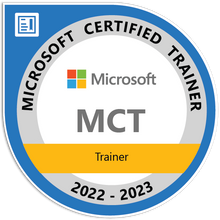

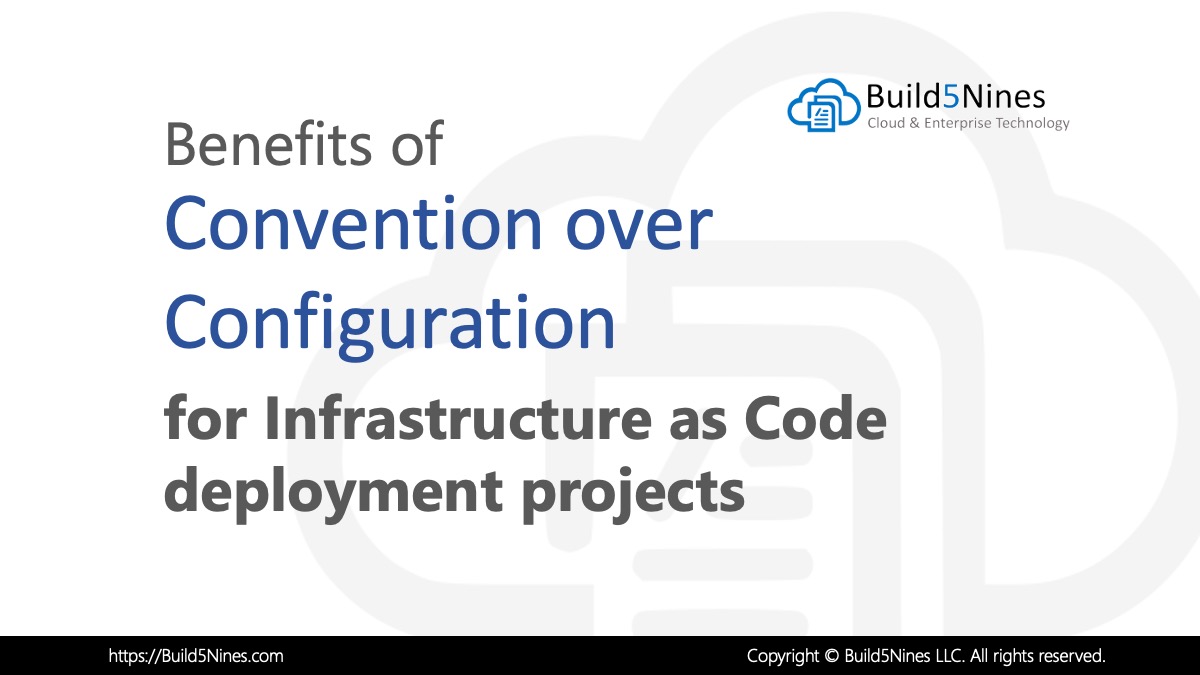 Benefits of Convention over Configuration for IaC Deployment Projects
Benefits of Convention over Configuration for IaC Deployment Projects
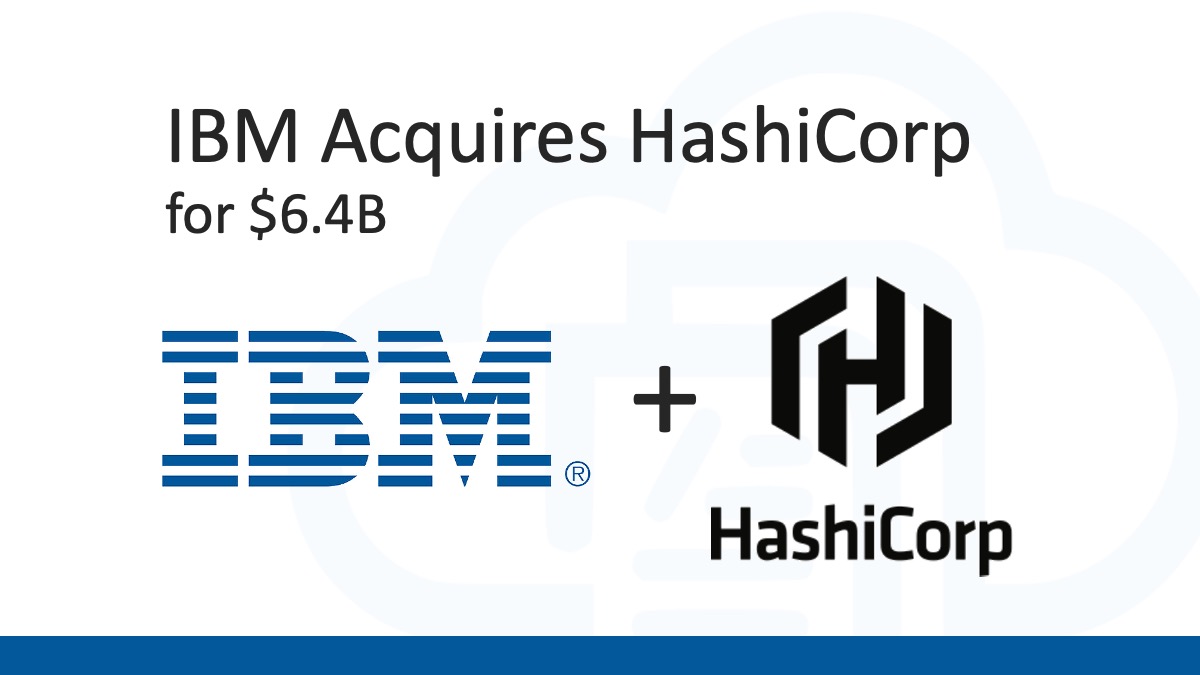 Analyzing IBM’s Acquisition of HashiCorp: A Game-Changer in Hybrid Cloud Management
Analyzing IBM’s Acquisition of HashiCorp: A Game-Changer in Hybrid Cloud Management
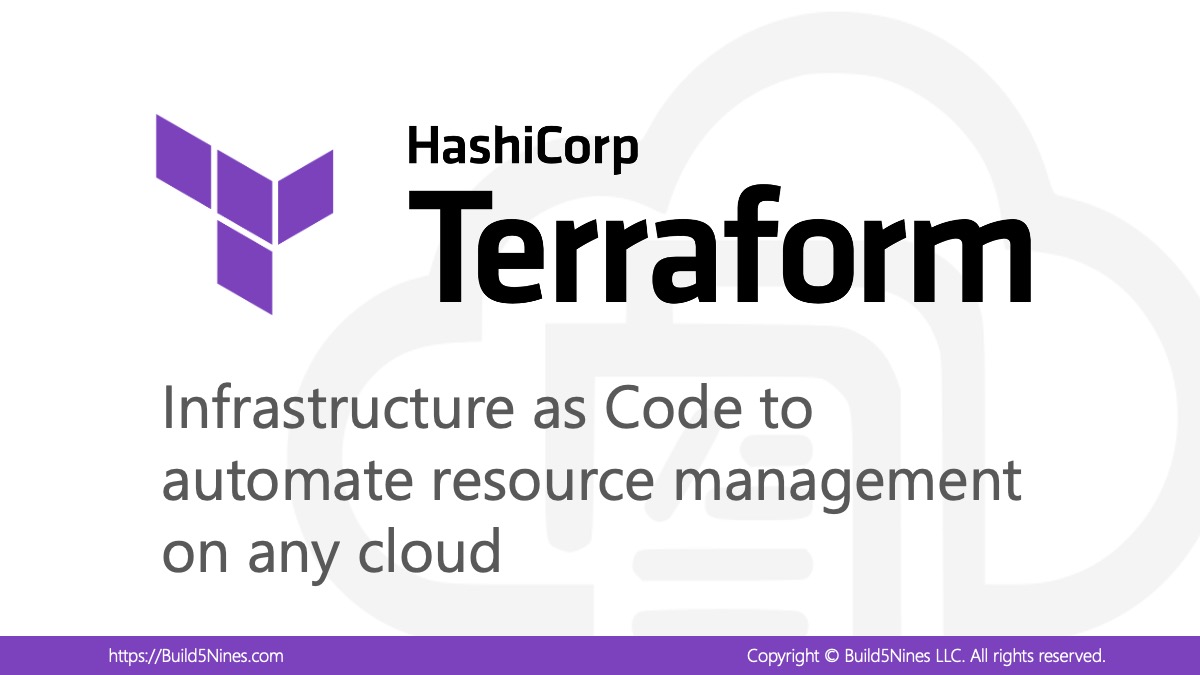 How to Perform Simple String Concatenation in Terraform
How to Perform Simple String Concatenation in Terraform
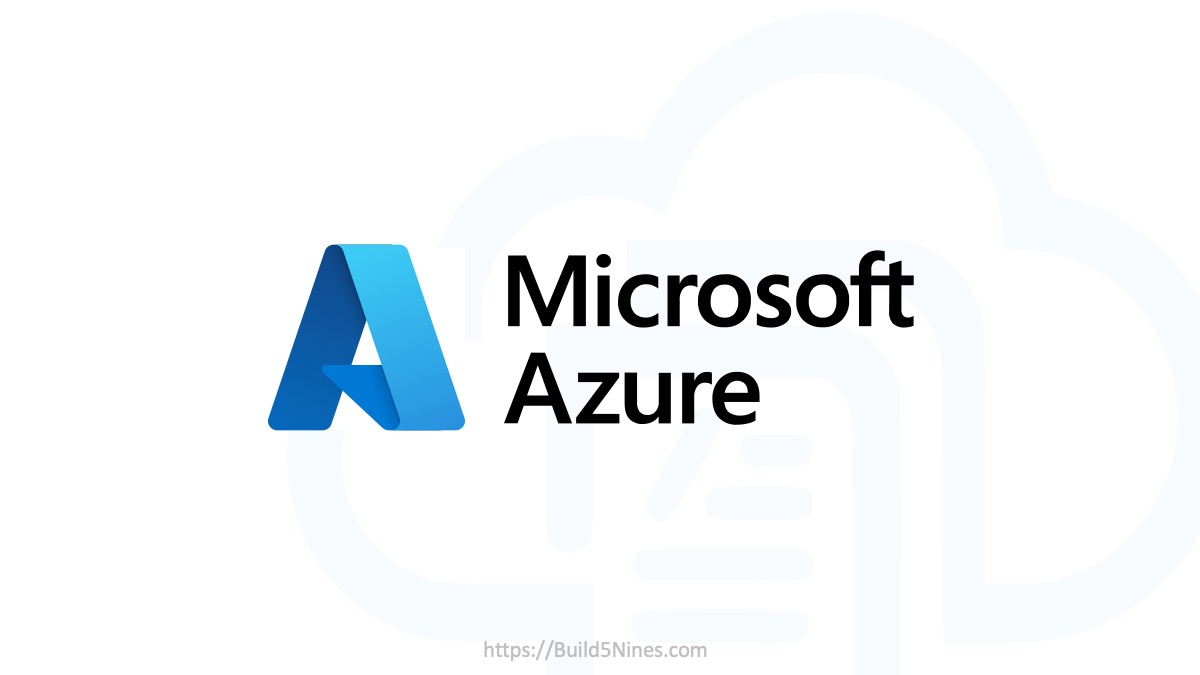 Azure CDN POP Locations: Interactive Map of Azure CDN Points of Presence
Azure CDN POP Locations: Interactive Map of Azure CDN Points of Presence
 Azure Functions: Extend Execution Timeout Past 5 Minutes
Azure Functions: Extend Execution Timeout Past 5 Minutes
